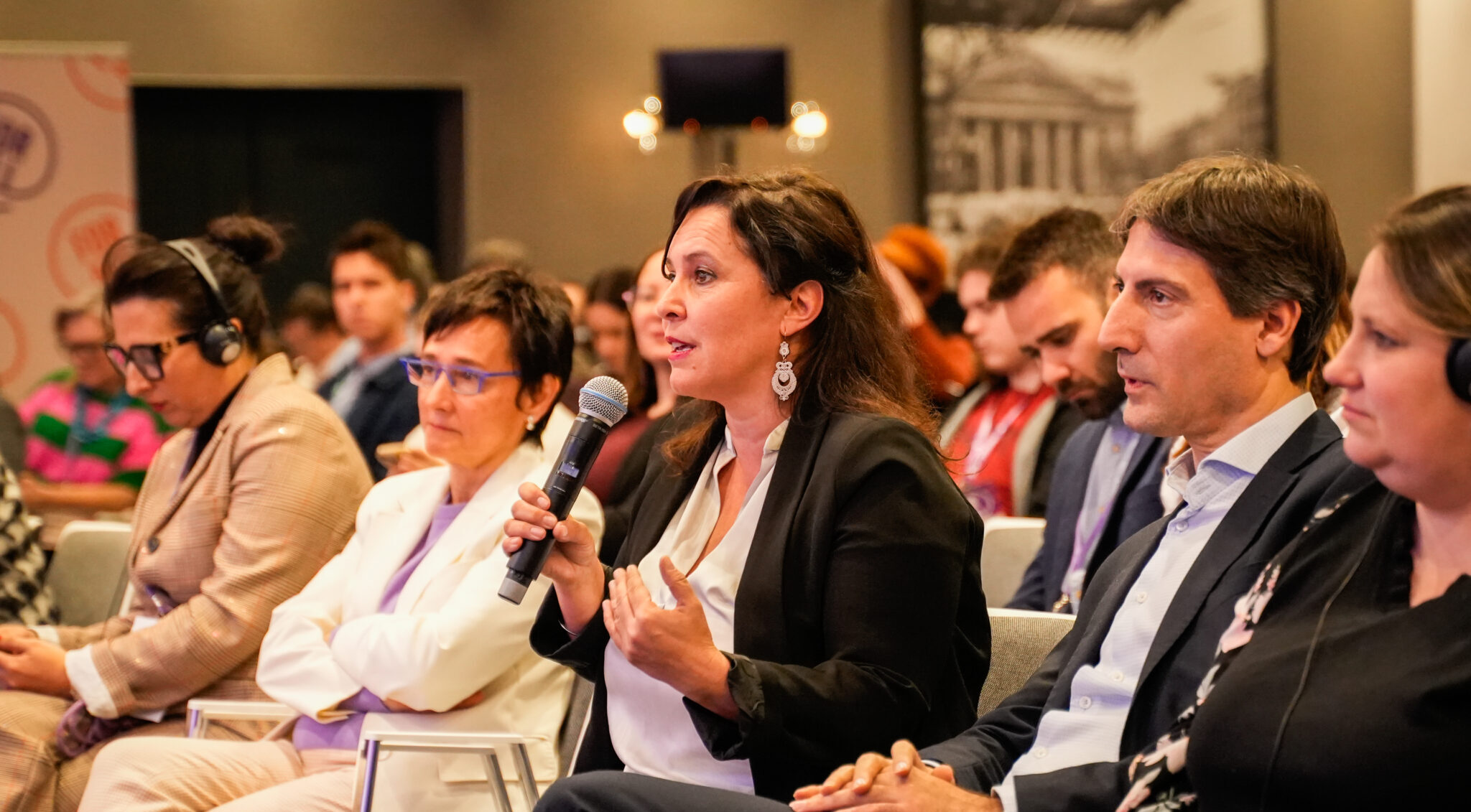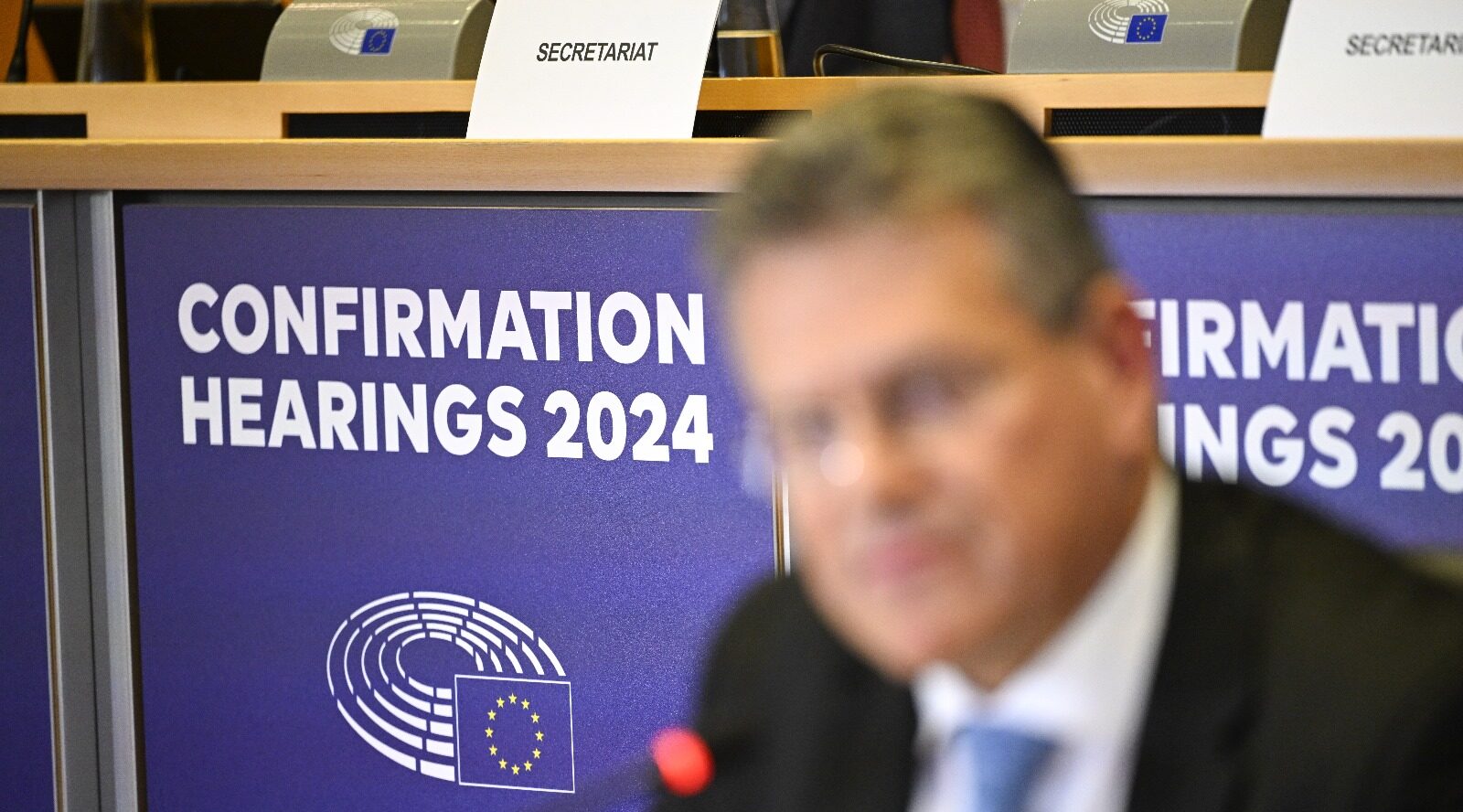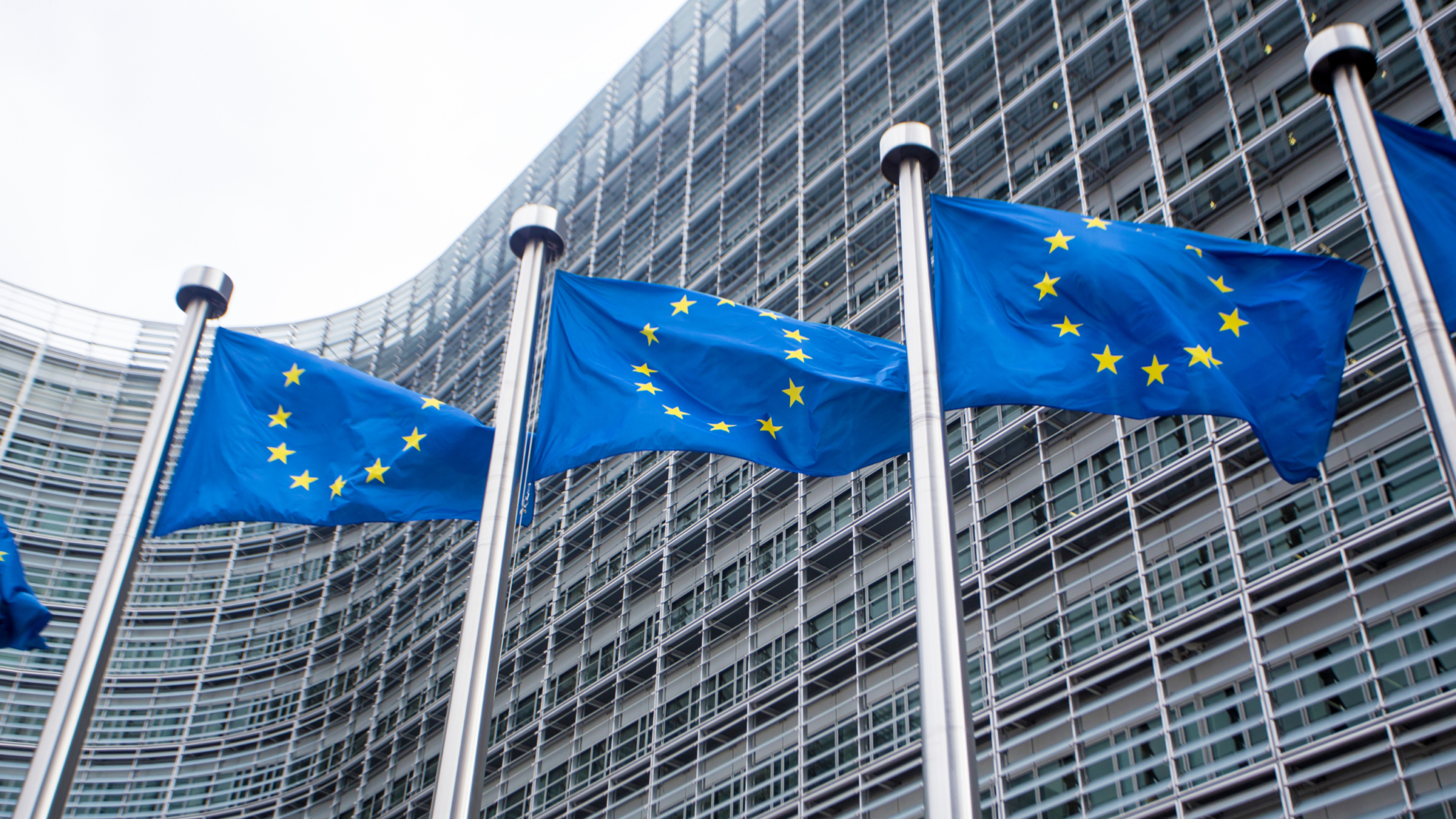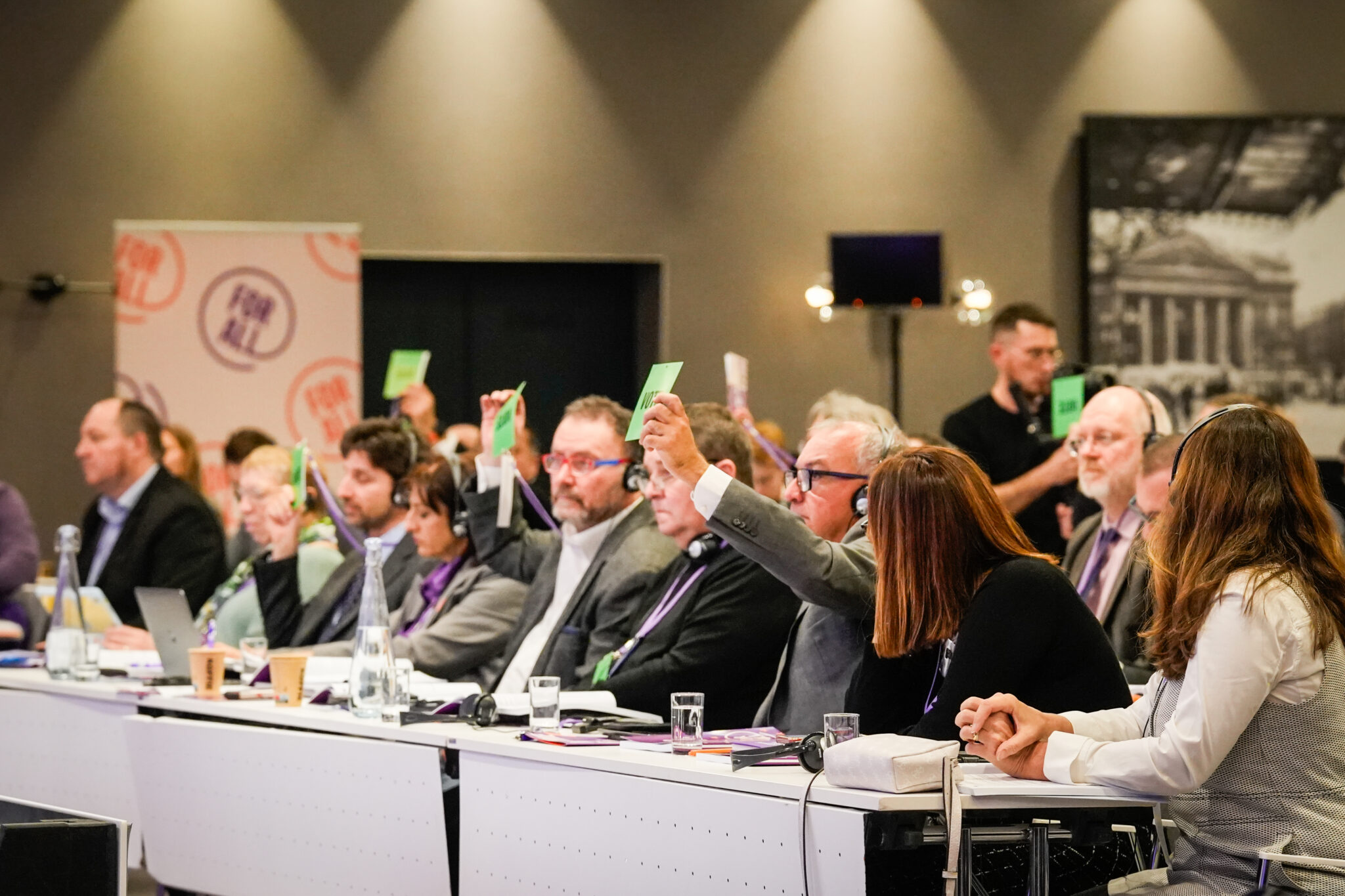We must protect direct funding for the EU’s regions!
EFA calls for the EU Commission to maintain decentralised regional funding in the budget 2028-2034
The European Free Alliance is deeply concerned about the leaked information that has come to light about the Commission plans for the EU Multiannual Financial Framework 2028-2034. According to this news, the Commission is supposedly planning to centralise EU regional funding within the 27 member states, instead of directly funding the regions. The current 530 regional programmes would be transformed into 27 national funds, which means that regions and local authorities would not have access to direct funding anymore. Instead, member state capitals would make all the decisions about how and where the money is distributed. These revelations are deeply concerning and would mean terrible consequences for many European regions. It is a regression to a time when the EU was merely a union of states instead of a political project for all its citizens.
EFA wants to raise the alarm on this issue, coinciding with today’s Commission statement in the European Parliament about “The important role of cities and regions in the EU”. We call on the MEPs and all the European leaders to acknowledge the significance of this matter and take action to protect direct funding for the EU’s regions. We want to back the Committee of the Regions in their complaints about this proposal, and we stand with the 130 regions that have recently criticised the Commission’s idea in an open letter.
States’ biased internal redistribution
The EU Cohesion Funds directly granted to the regions are an example of the good distribution of financial resources within the EU. On the other hand, the allocation of the EU Next Generation funds – centralised by the member states – proved to be a striking example of bad practice. When states are put in charge of managing European funding, their internal redistribution has proved to be biased. Regions aligned with the governing party benefit from greater financial allocation, while the regions opposed to the central government pay the price. This especially affects regions that are home to minorities, rural areas, and territories governed by regional or national minority parties.
The EU institutions have worked to become closer to the citizens in recent years. The regional programmes are the European projects that most impact the lives of the citizens. They are developed locally, more effectively tackling the real needs and desires of the different European communities. Going back to a centralistic model would jeopardise the steps Europe has taken until today. We cannot go back to an EU based on the states’ interests. The EU is much more. It is a project that involves and serves all European people. We want a Europe for all regions, for all peoples. A Europe for all.











